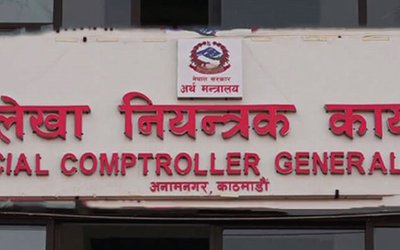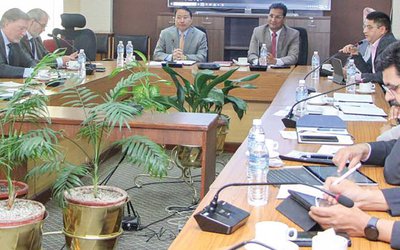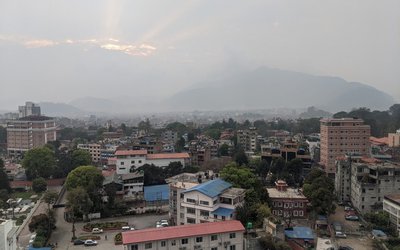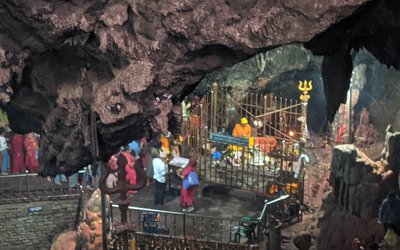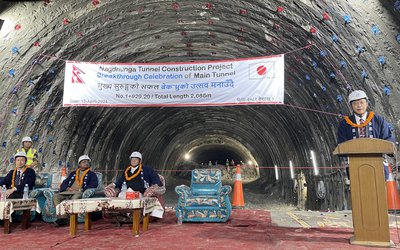
Nearly three months of blockades and protests in the Terai region have stalled Nepal’s economy, brought transport to a standstill and led to rising prices. Nepal government has itself seen the loss of revenue of almost 20 billion rupees.
Birgunj Customs has suffered a loss of almost 15 billion rupees. As the industries have been shutting down, the government’s annual collection of VAT and other taxes has suffered.
The scarcity of petroleum products has badly hurt the development projects. According to National Planning Commission, all the national priority projects are standing still, costing a huge amount in losses.
Despite certain improvement in the supply, taxis have to wait for days to refuel. The government has banned private vehicles from refueling and rationed fuel to public transport after imports were blocked by protesters.
Strikes, blockades and protests against Nepal’s new constitution have cost the economy more than 5 billion dollars, according to the Federation of Nepalese Chambers of Commerce and Industry (FNCCI) – just months after the country was struck by a series of devastating earthquakes.
FNCCI president Pashupati Murarka has termed the crisis as the country’s worst economic disaster. “The economy has been almost completely halted for the past three months,” said Murarka . “The impact is worse than that of the earthquake.”
Daily life in the Terai, the southern plains bordering India, has been paralyzed for almost four months by a general strike called by Madhesh based political parties that oppose the new constitution. Schools and factories are shut, transport services have been severely disrupted, and the price of basic necessities has soared.
Murarka accused the government as failing to address the crisis. “The new government should have created an environment to ease the situation and ensure proper security to run businesses,” said Muraka. “The blame also goes to protesting political parties who are equally responsible to halt our work”
Imposed by Madheshis and Tharus, the strike is the longest in the history of ailing Nepal. “The day the government addresses our demands, the protests will be withdrawn,” said Rajendra Mahato, chairman of Sadbhavana Party.
At least 40 people, including children and several police, have died in violent demonstrations that began in August and escalated last month when protesters blocked the border entry points between Nepal and India, cutting off vital supplies, including petrol and cooking gas.
Government officials and political leaders hold the view that India has been providing tacit support to the protesters, by refusing to let trucks enter Nepal, a charge that India rejects.
As the government has banned private vehicles from refueling and diesel for public transport has been rationed, everything is standing still now. There is a short supply of medicines, too.
As there is a shortage of LPG and petroleum products, restaurant owners and taxi drivers are hit hard. The short supply caused by blockade in the borders has reached the downtrodden people.
As there is a lack of kerosene and LPG, many people have already left Kathmandu to go back to their village. According to estimates, over 1 million people out of 5 million population of Kathmandu have left the city.
Thanks to the crisis, Nepal’s tourism sector, which was expecting to revive after earthquake, suffered badly. The scarcity of petrol and other essential goods have been hit hard.
- TANAHU HYDROPOWER PROEJCT: A Significant Achievement
- Apr 15, 2024
- AMBASSADOR HANAN GODAR: Sharing Pain With A Nepali Family
- Mar 30, 2024
- VISIT OF KfW AND EIB TO NEPAL : Mission Matters
- Mar 25, 2024
- NEPAL BRITAIN SOCIETY: Pratima Pande's Leadership
- Mar 24, 2024
- NEPAL ARMY DAY: Time To Recall Glory
- Mar 15, 2024





